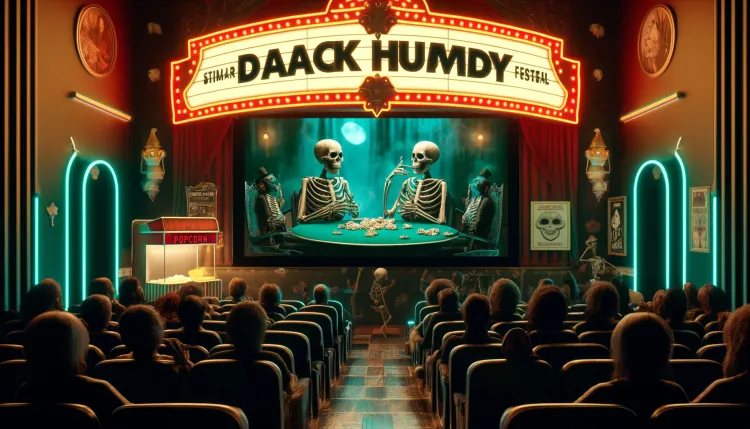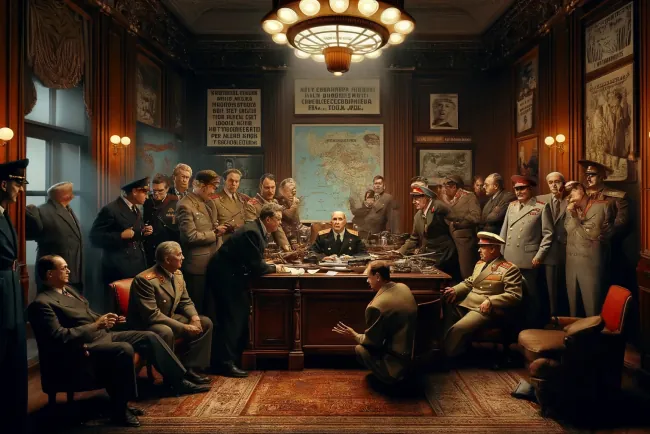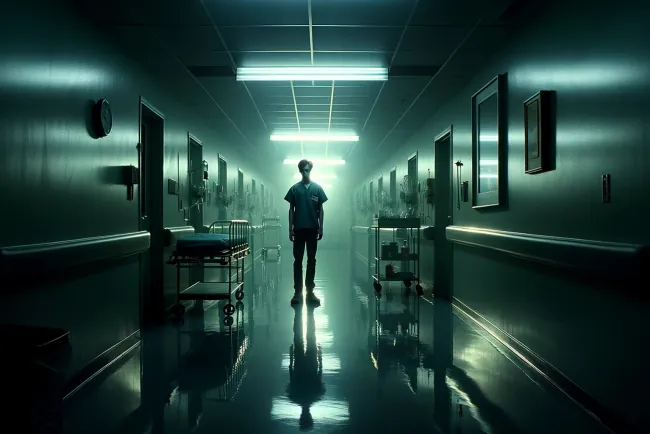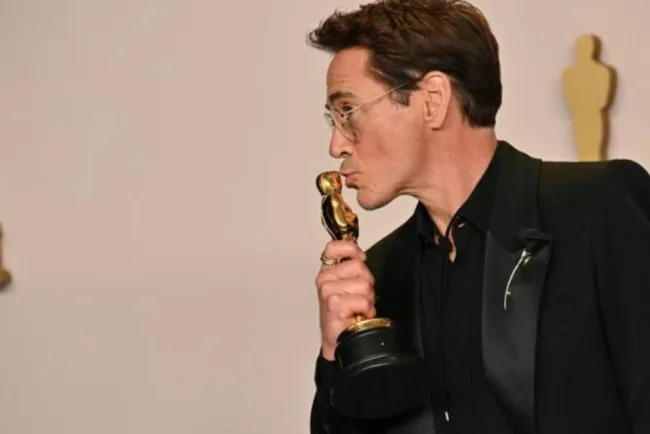Black Comedy in Cinema: Humor with a Dark Edge
Discover how black comedy merges humor with the macabre, revealing the fragility of human nature and societal taboos

Black comedy, also known as dark comedy, is a genre that merges humor with the macabre, the grotesque, or the morally ambiguous. It challenges viewers to laugh at the absurdities of life and death, politics, crime, and societal taboos. By combining seemingly incongruous elements, black comedy exposes the fragility of human nature and often delivers biting commentary on the human condition. In cinema, this genre has made significant contributions to storytelling, both captivating and unsettling audiences.
Origins and Development
Black comedy in cinema has roots that trace back to early European and American literature, where satirical works exposed the follies of human behavior. This literary influence translated into cinema, particularly in the mid-20th century. Directors like Alfred Hitchcock, whose films are imbued with suspense and dark humor, were early proponents of the style. For instance, his 1955 film The Trouble with Harry satirized death and small-town paranoia.
In the 1960s, filmmakers like Stanley Kubrick popularized black comedy in cinema. His 1964 film Dr. Strangelove or: How I Learned to Stop Worrying and Love the Bomb used political satire and absurdity to address the fear of nuclear war. Kubrick employed irony and exaggerated characters to mock the seemingly rational decisions of those in power.
Characteristics of Black Comedy
Black comedy is characterized by its blending of contradictory emotions. It provokes laughter while addressing subjects that would traditionally invoke discomfort or moral outrage. These characteristics include:
- Absurdity: Situations are often bizarre, implausible, or ironic.
- Taboos: The genre tackles subjects like death, disease, and crime with a casual attitude.
- Satire: There is often a critique of society, institutions, and the establishment.
- Juxtaposition: Serious moments are juxtaposed with humorous ones, creating cognitive dissonance.
Notable Black Comedy Films
-
Dr. Strangelove or: How I Learned to Stop Worrying and Love the Bomb (1964): Kubrick’s satirical take on Cold War paranoia mixes absurdity with social criticism.
-
Fargo (1996): Joel and Ethan Coen’s film combines a murder mystery with Midwestern humor, creating a world where ordinary people confront bizarre crime.
-
In Bruges (2008): Martin McDonagh’s story of two hitmen awaiting orders in a small Belgian town is both comedic and poignant, exploring guilt and redemption.
-
The Death of Stalin (2017): Armando Iannucci’s political satire takes on Stalin’s death and the ensuing chaos, weaving humor with the grim realities of Soviet history.
Contemporary Trends
In recent years, black comedy has continued to evolve, with films like Parasite (2019) by Bong Joon-ho and Jojo Rabbit (2019) by Taika Waititi. These films skillfully balance humor and social commentary while addressing class inequality, prejudice, and the absurdity of fanaticism.
Conclusion
Black comedy in cinema remains a vibrant and influential genre. Its ability to provoke thought and laughter while challenging societal norms makes it an enduring favorite among filmmakers and audiences alike. Despite its often-controversial nature, it offers a unique perspective on the complexities of human existence, revealing that laughter can indeed be found in the darkest of places.
What's Your Reaction?






















